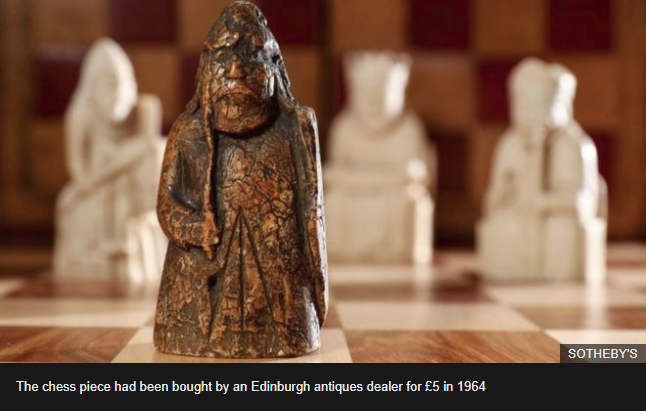Alex Noble conducts a small experiment:

“Murderous Pothole”by samsaundersleeds is licensed under CC BY-SA 2.0
I suggest we stop thinking about taxes as paying for something useful – this type of thinking paralyses us and causes us to refuse to do that which needs doing. Because our taxes are supposed to pay for it.
We are no longer charitable, because our taxes pay for dole money.
We no longer look after the verge outside our homes, because our taxes are supposed to pay for a council worker with a strimmer.
We don’t repair potholes in our roads, because council workmen are supposed to fill them in.Just to check that last one, I contacted my local council.
“I was wondering if I could personally pay a local company to make repairs to the potholes that are causing damage to my car out of my money, and if so, would they be granted permission to close the road while my privately-funded repairs were being carried out?”
And they said…………
“It would not be possible for you undertake these repairs, and no permission would be given to close the road.”
So I proposed I make a payment to them, to be spent on repairing the road:
“…could I instead make a voluntary tax contribution on the condition the money is to be spent on these road repairs?”
And they said…
“…the County Council will not accept payment from members of the public for the provision of highway maintenance over and above that already collected via the Council Tax”
I made one last attempt…
“I have obtained quotes for the work which are acceptable to me and my neighbours – is there really no way we can as private individuals simply pay for the repairs to our road?”
They responded:
“…it is not possible to accept any from of funding other than that accepted via the Council Tax and Central Government.”
So I just went out and bought a bag of sand and pounded it into the hole one night. A temporary fix, admittedly.
£5 of sand and five minutes of my time.
No doubt the council are scouring CCTV as we speak in an attempt to bring to justice the criminal that repaired the road.







